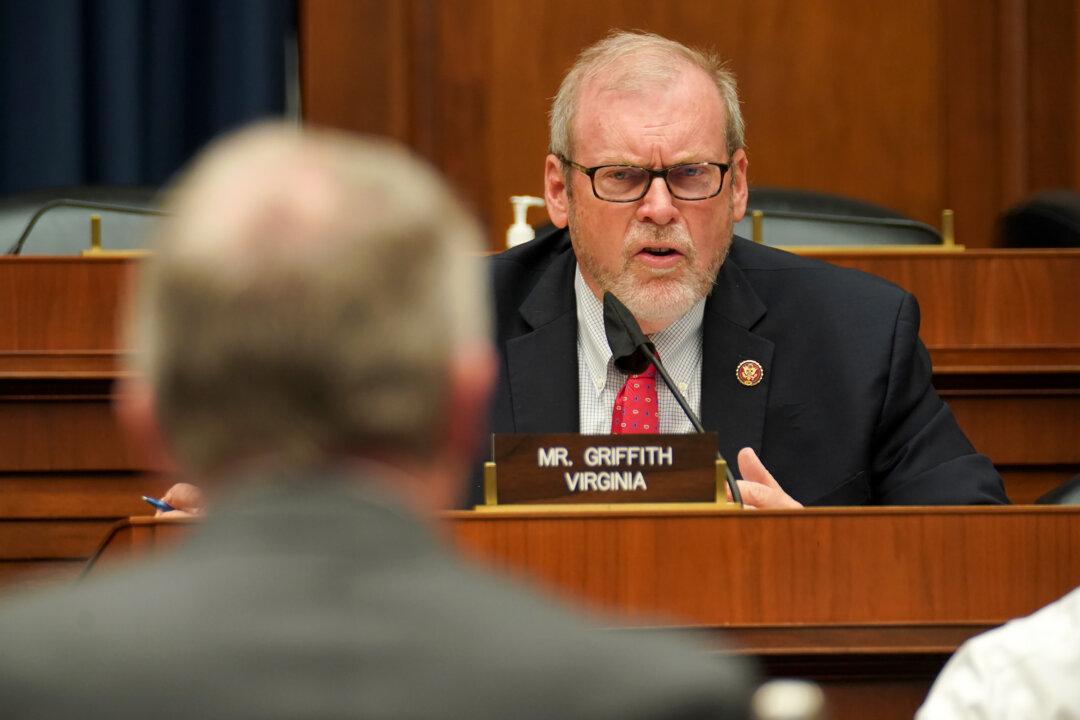House Republicans will attempt to elect a new speaker this week, a task that’s already complicated by deep divisions within the GOP caucus and made urgent as Israel, a key U.S. ally in the Middle East, is suddenly engulfed in what promises to be a bloody and protracted war.
The two declared candidates for the speakership, Majority Leader Steve Scalise (R-La.) and Rep. Jim Jordan (R-Ohio), chair of the House Judiciary Committee, have made statements in support of Israel.





